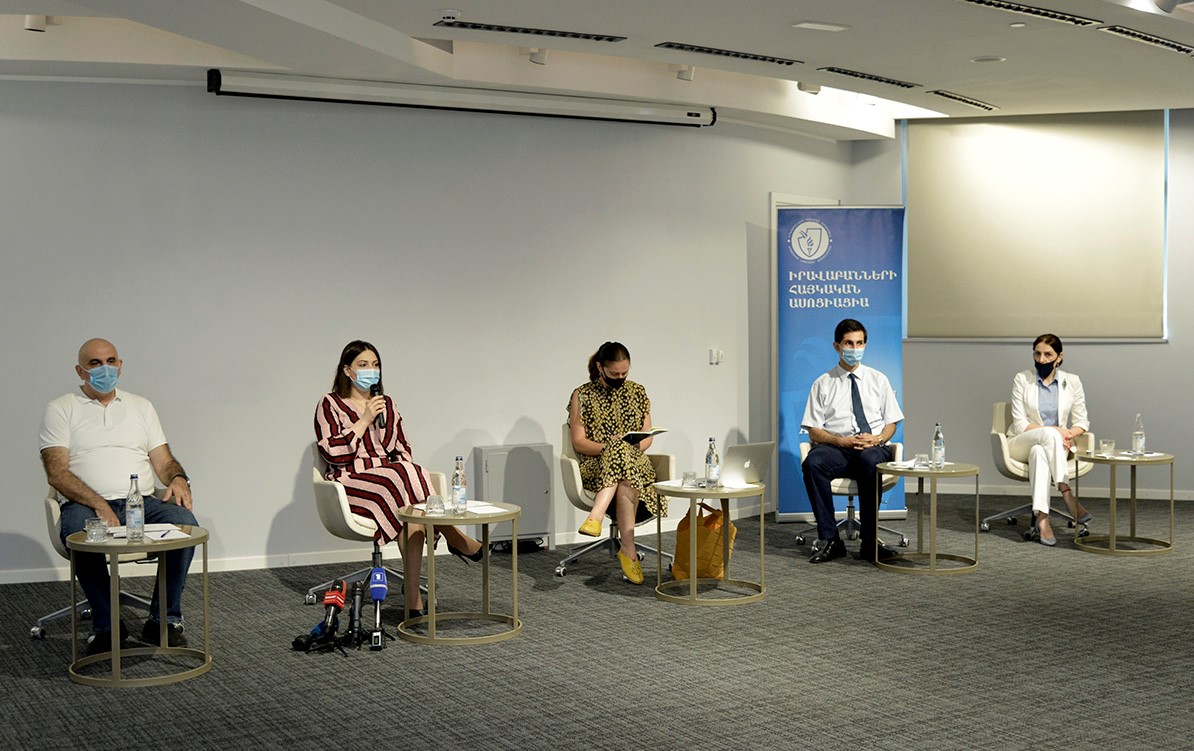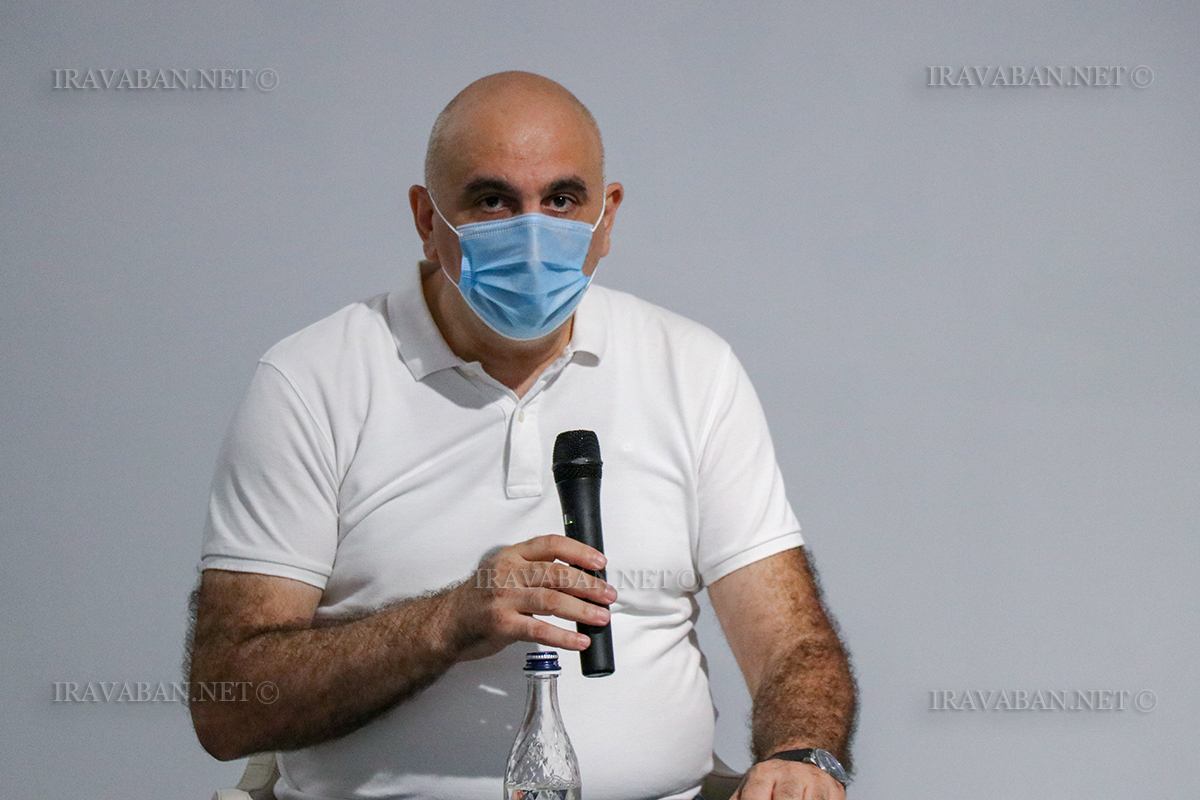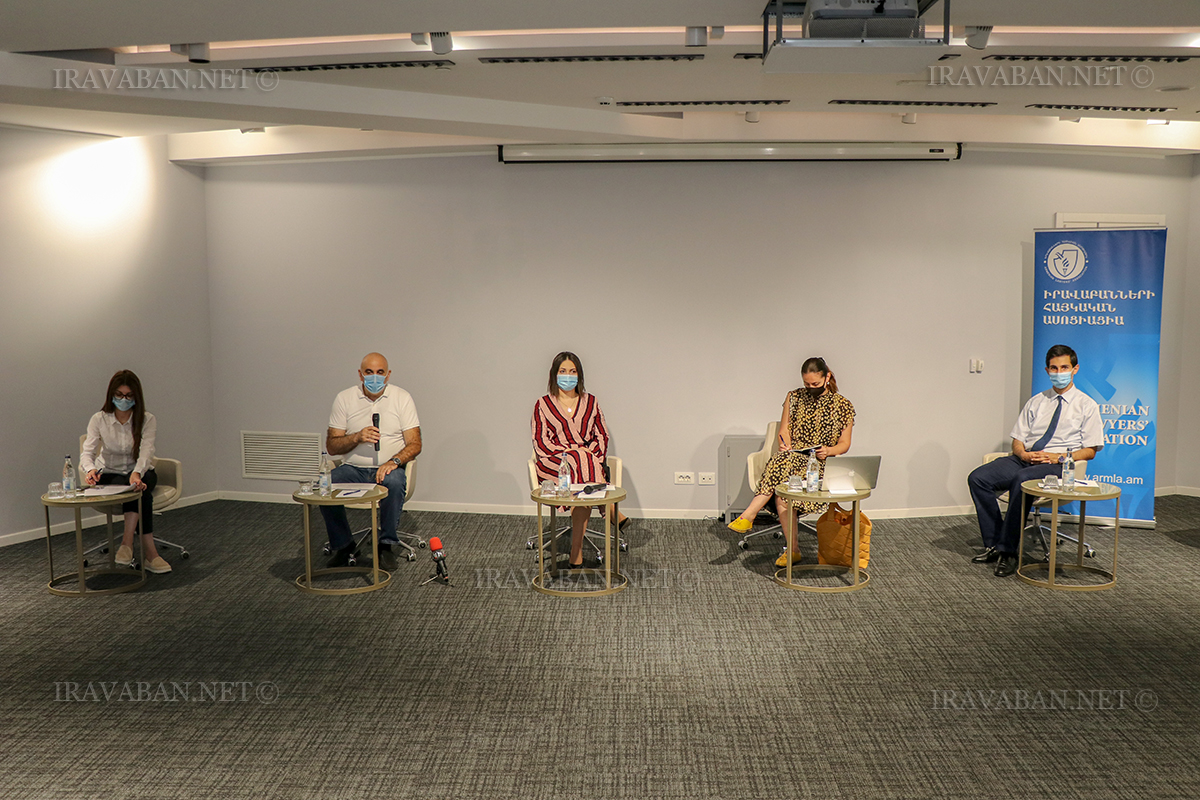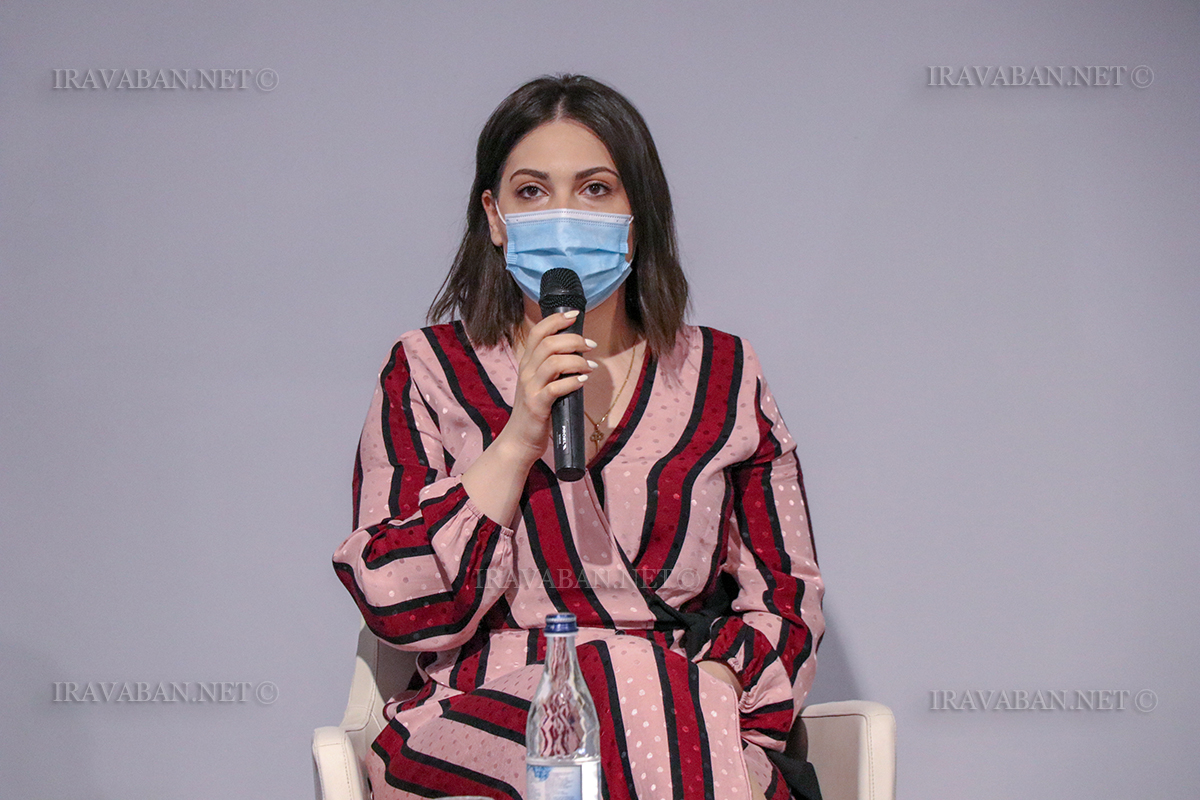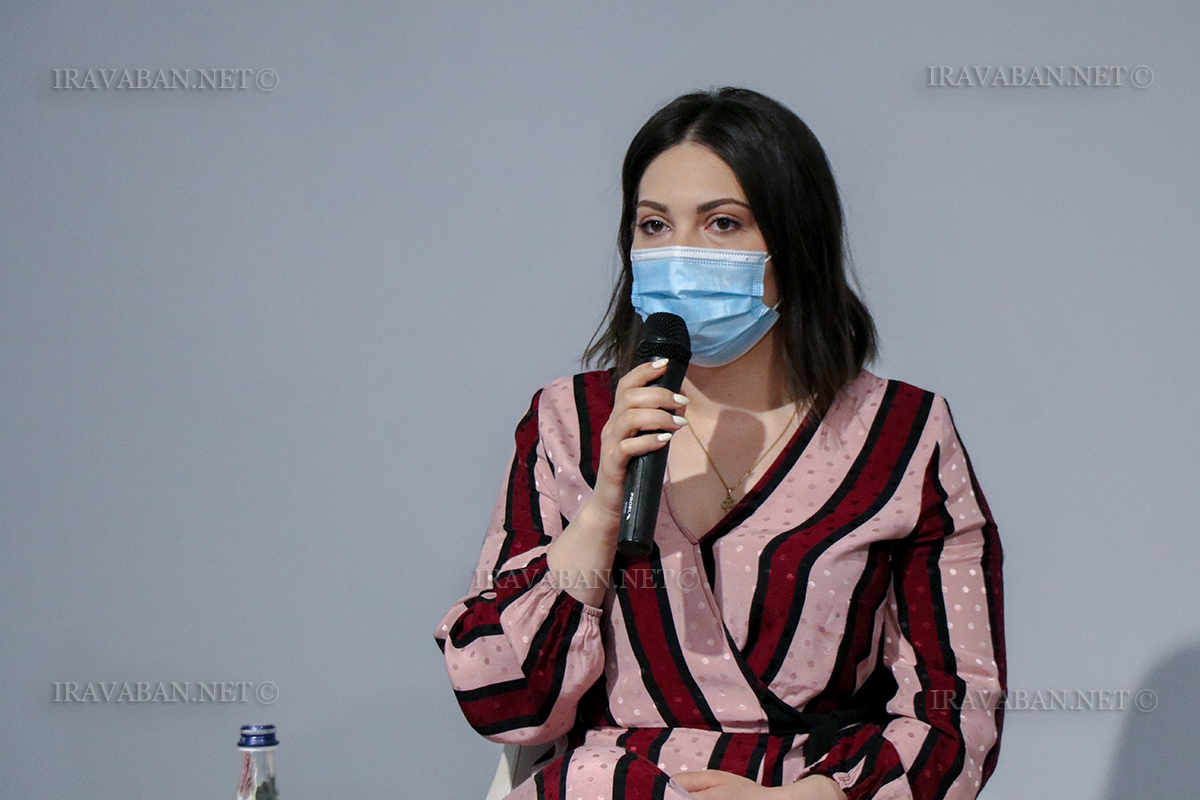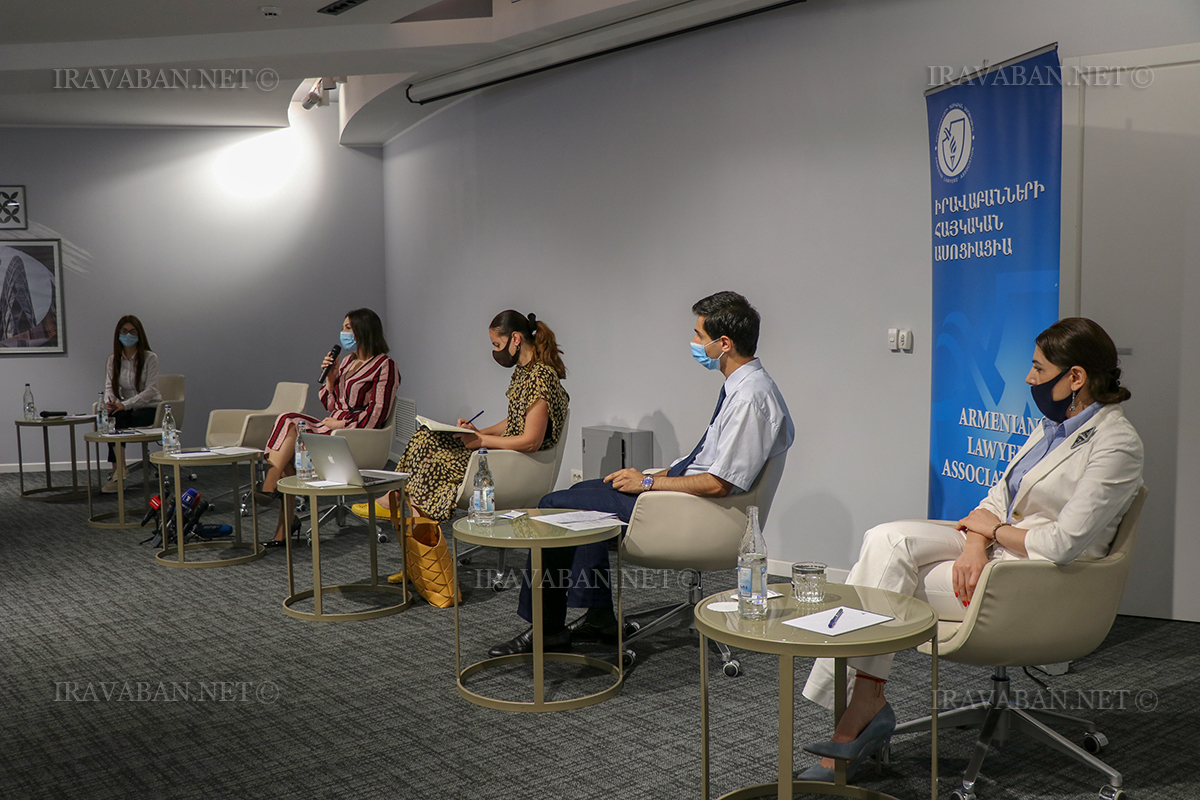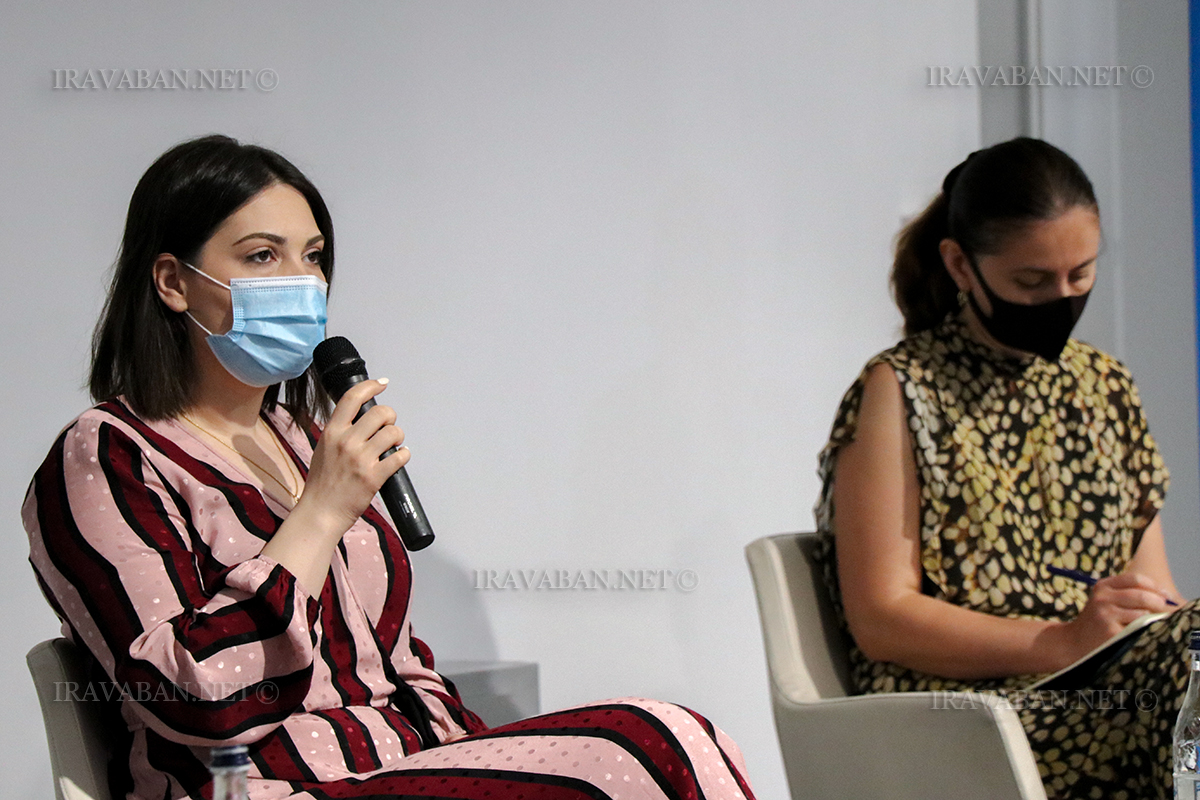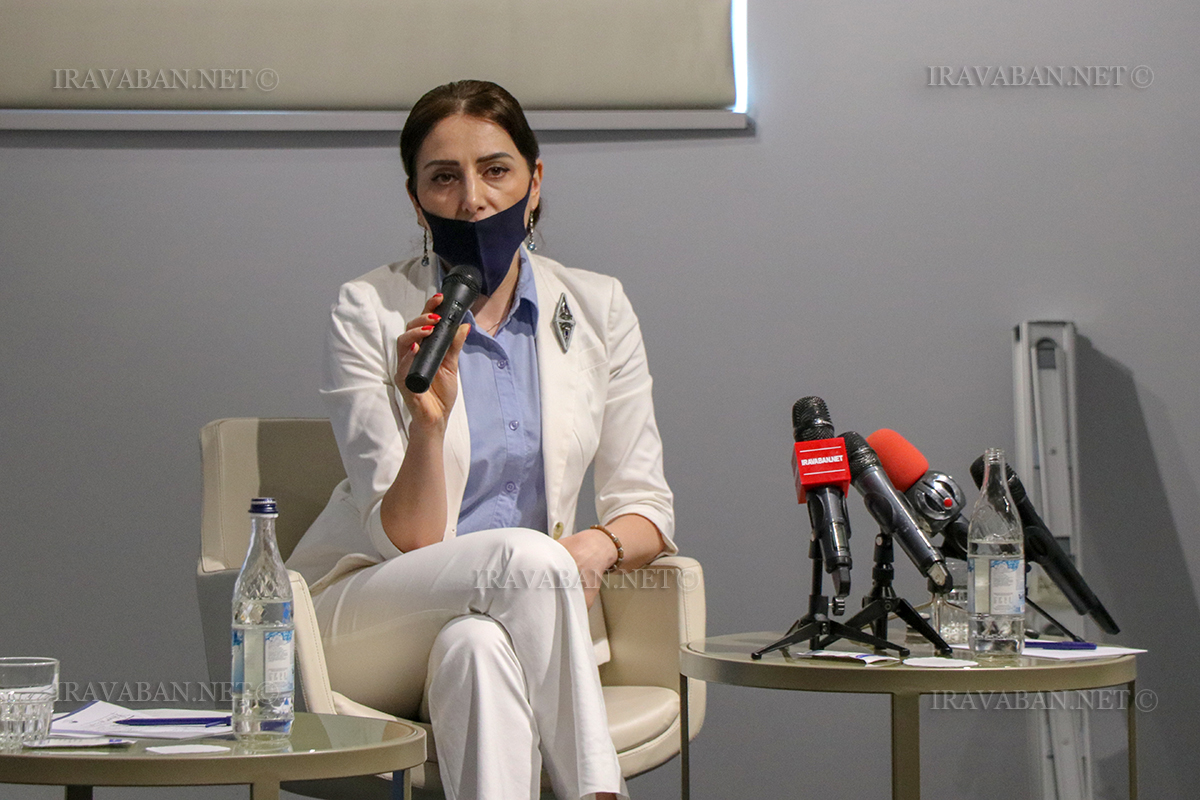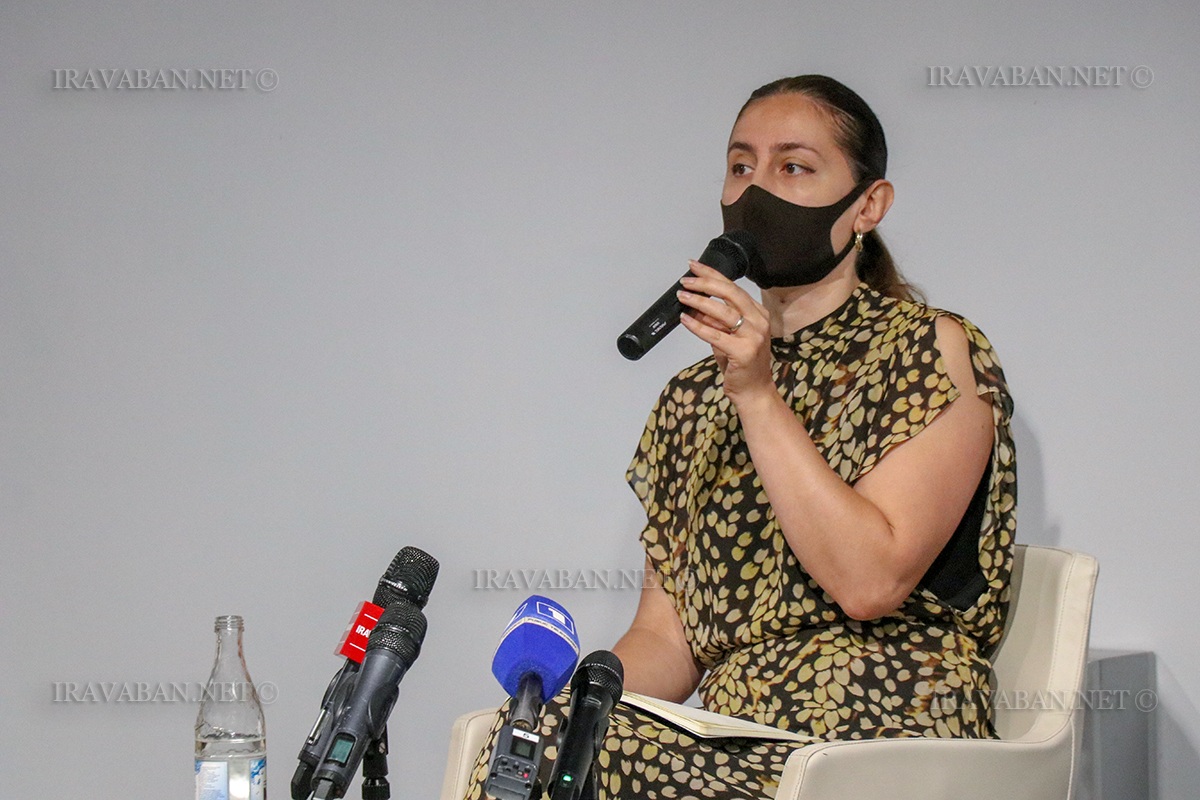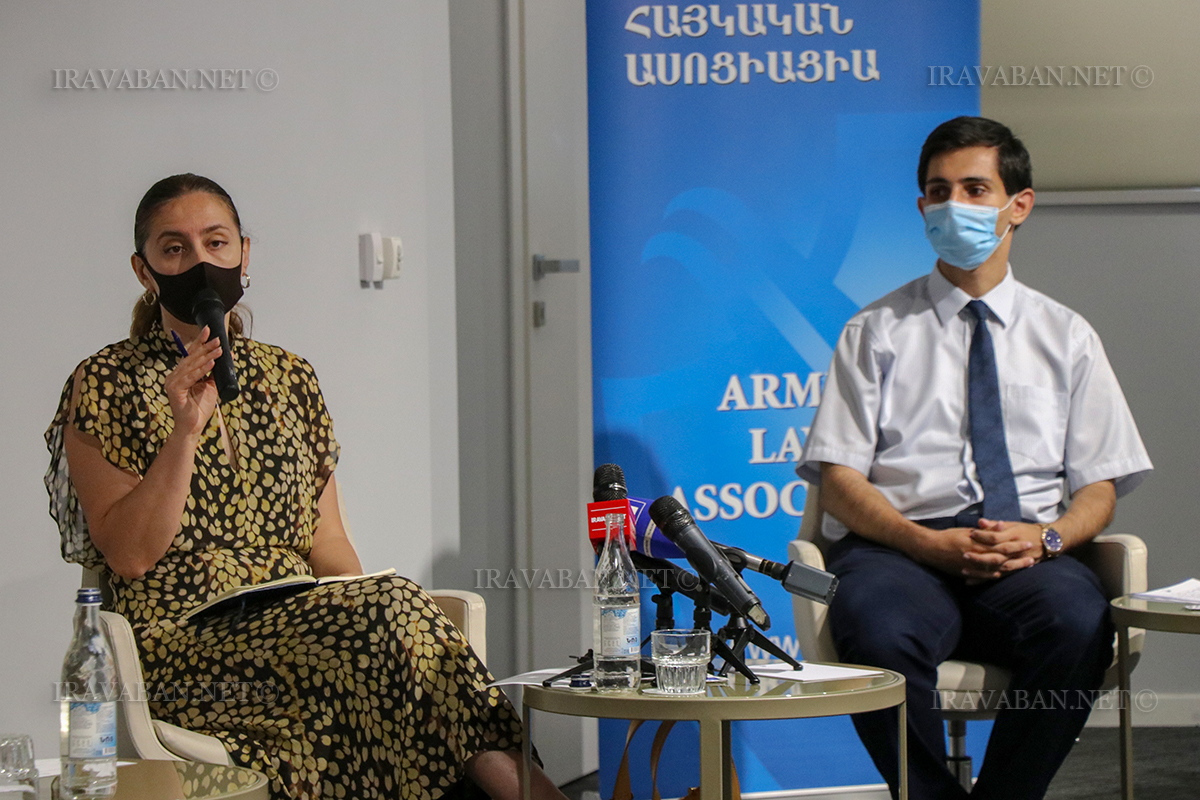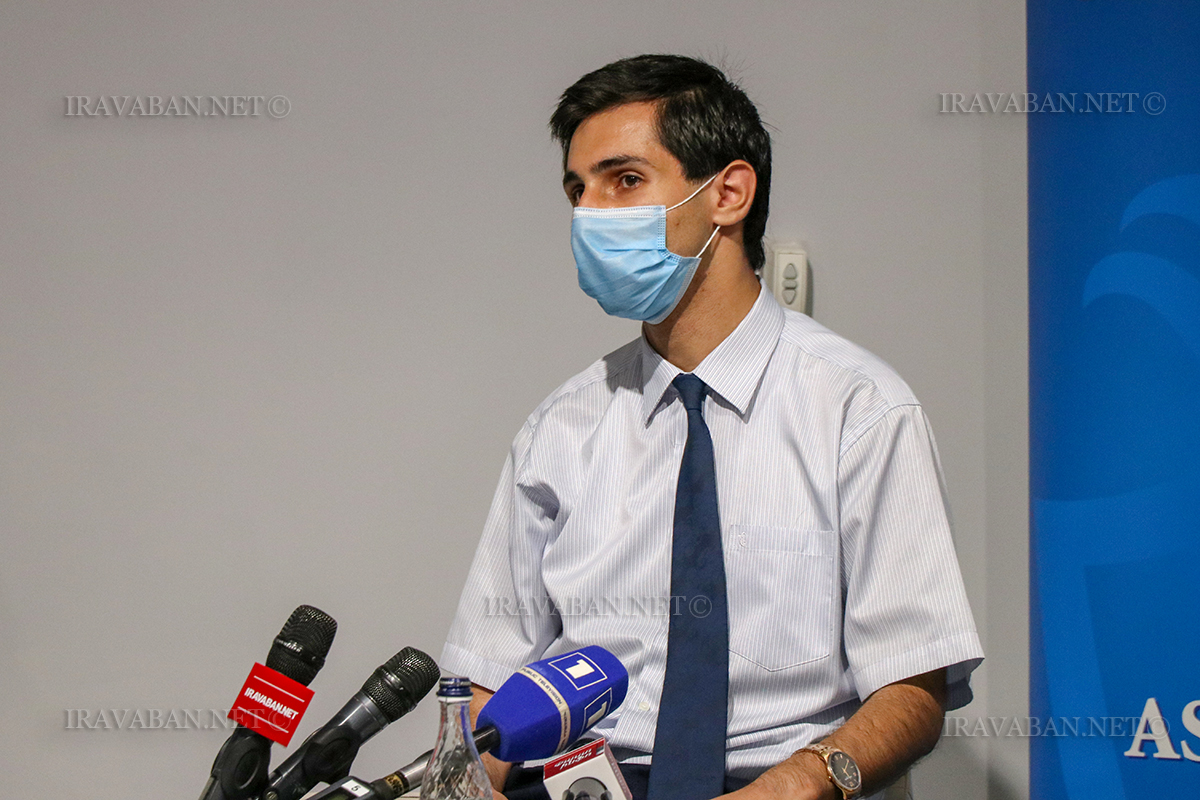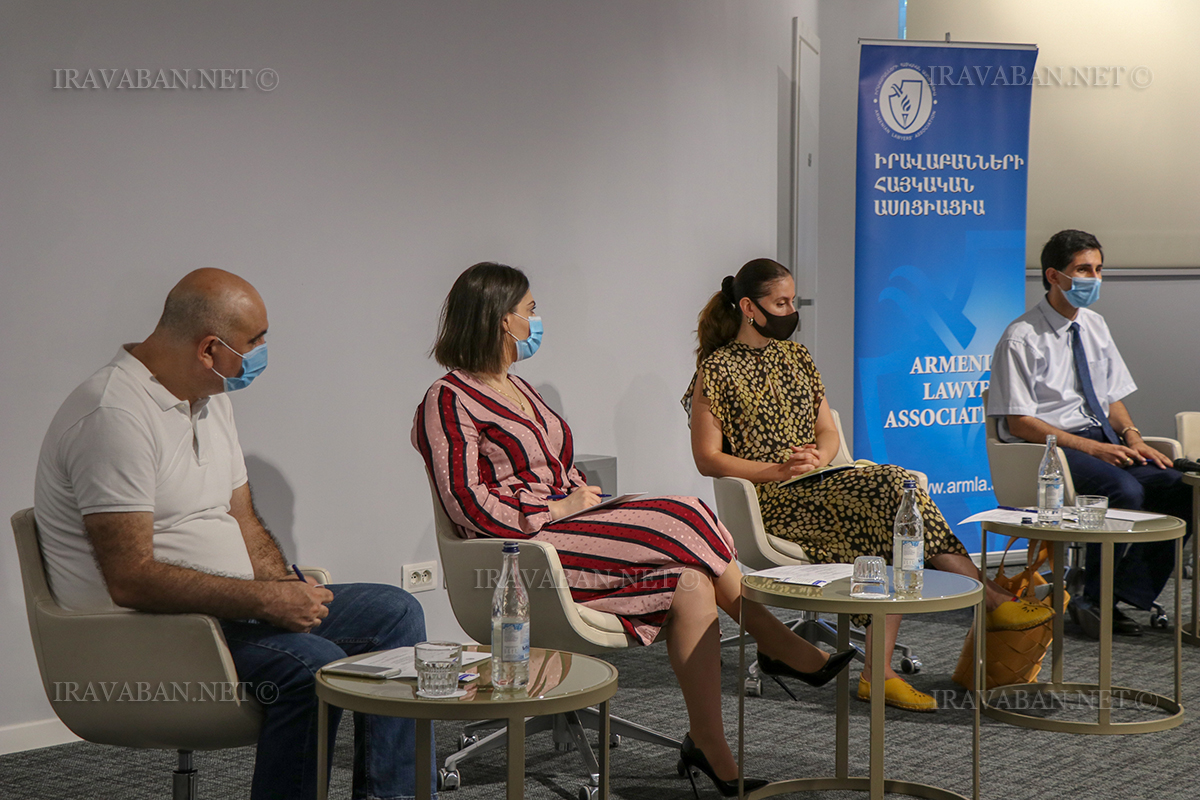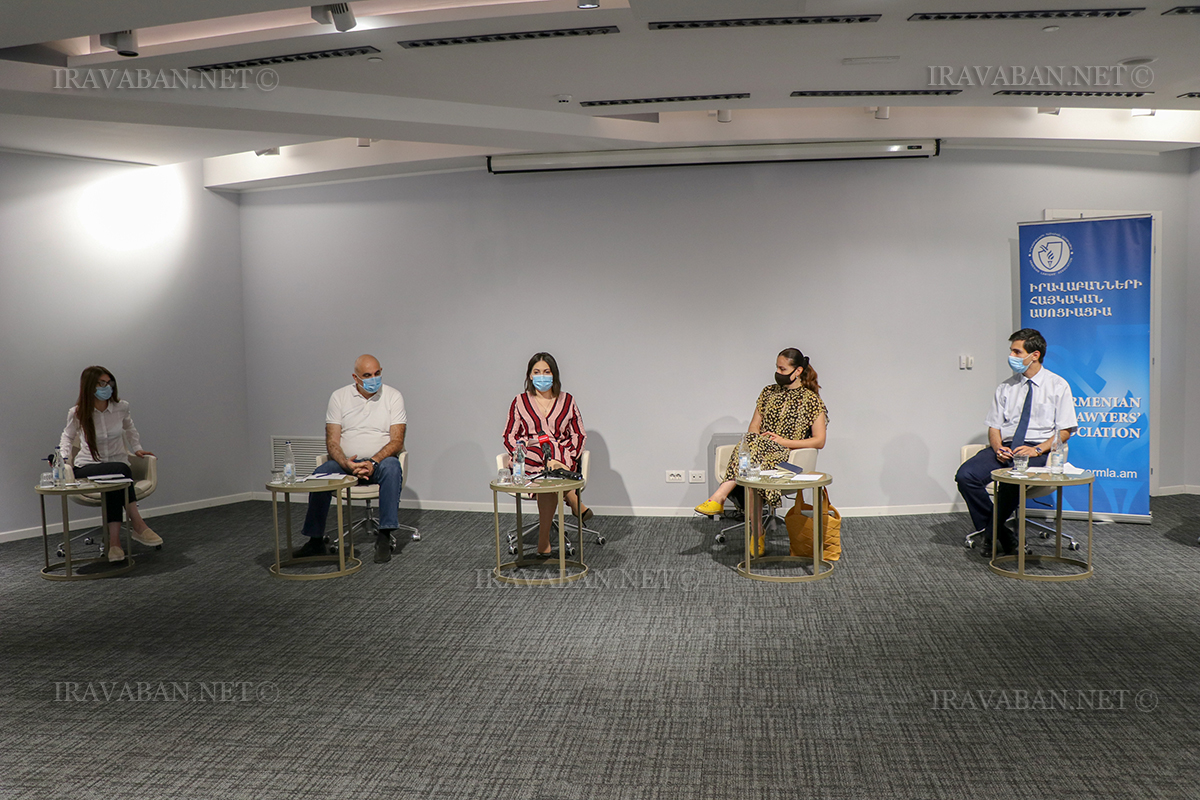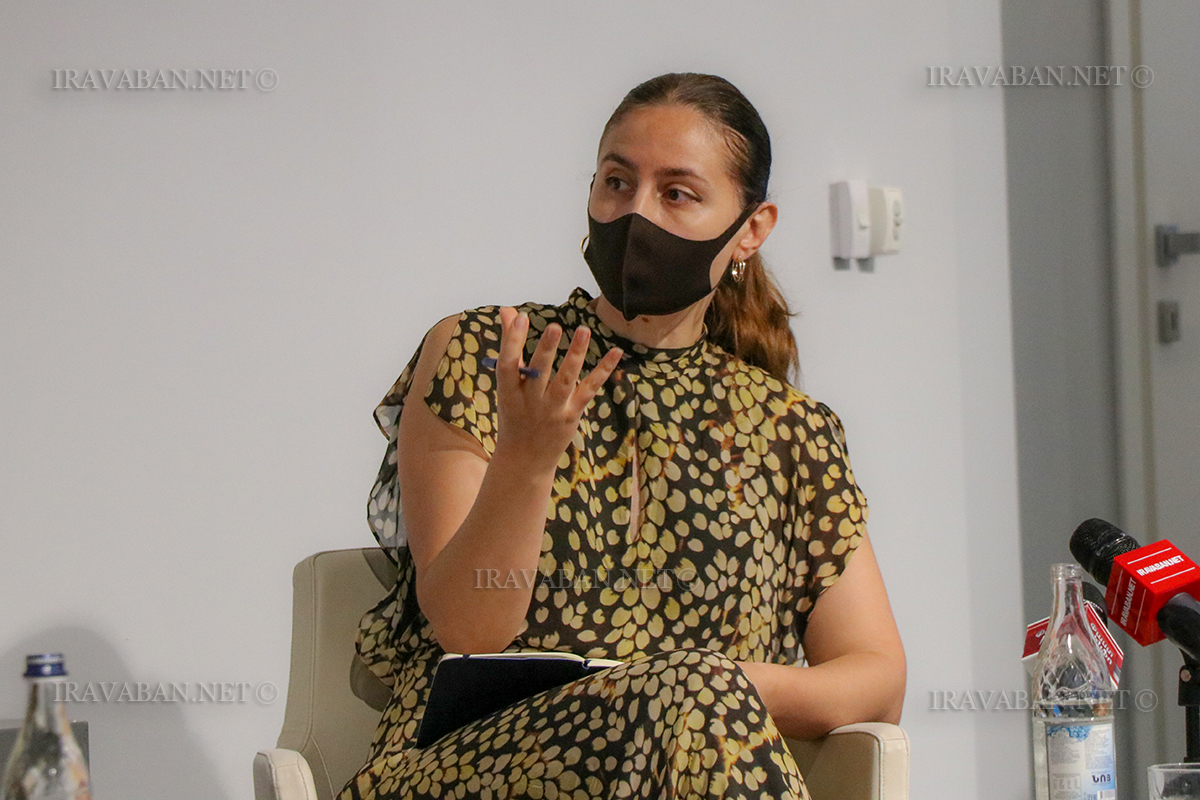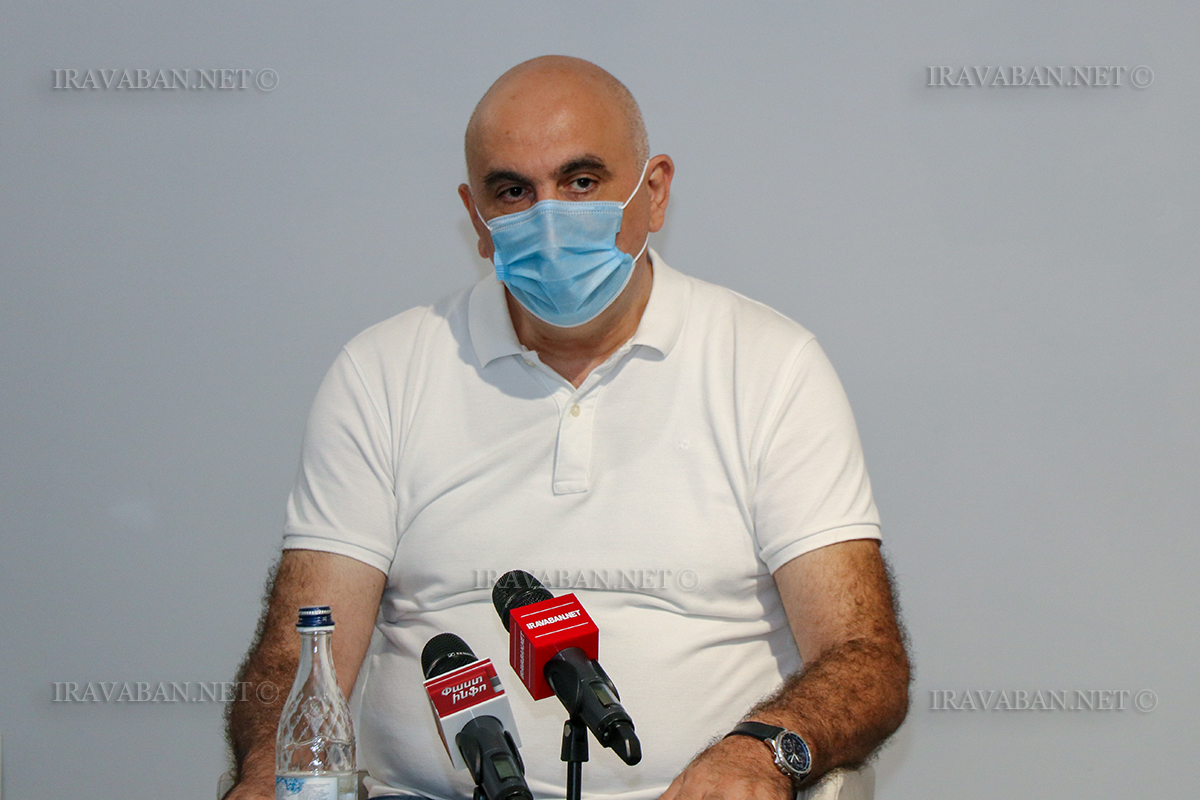It is planned to create a specialized anti-corruption judicial system in Armenia. For this purpose the Ministry of Justice has submitted a package of draft laws for public discussion.
On 14 August, the Armenian Lawyers’ Association in cooperation with the CSO Anti-Corruption Coalition of Armenia, the EaP Civil Society Forum Armenian National Platform and the Europe in Law Association NGO, the RA Ministry of Justice and the Corruption Prevention Commission held a public discussion on the Establishment of Specialized Anti-Corruption Judicial System.
Mr. Karen Zadoyan, Coordinator of the Secretariat of the CSO Anti-Corruption Coalition of Armenia opened the discussion and spoke about the objective of creating a specialized anti-corruption judicial system.
“The creation of an anti-corruption judicial system is the last chain of the anti-corruption institutional system. But one important problem is still open: the issue of the constitutional status of anti-corruption body/ies conducting prevention, education, preliminary investigation, which is currently being discussed in the Professional Committee on Constitutional Reforms. I believe that the Armenian anti-corruption institutional system will be finally built by envisaging them among the constitutional bodies and giving appropriate guarantees of independence,” he said.
It is planned to establish a specialized anti-corruption court with at least 25 judges, 20 of which will hear cases of corruption crimes, and 5 – cases on confiscation of property of illicit origin, and an anti-corruption court with at least 10 judges. The Criminal Chamber in the Court of Cassation will have 8 judges, and the Civil-Administrative Chamber will have 13 judges.
Ms Srbuhi Galyan, the Deputy Minister of Justice stated this, presenting the package of legislative drafts regulating the creation of a specialized anti-corruption judicial system.
“All judges must be elected through an open competition, that is, we will organize a competition, as a result of which all the candidates for the position of judge will pass through that filter․ They should pass an integrity test based on the results of the integrity test questionnaire submitted by them in advance, which will be carried out by the Corruption Prevention Commission,” the Deputy Minister said.
“The integrity test has been defined as a process through which the Corruption Prevention Commission conducts research on candidates for public office in the following key areas: collecting information on the property and income of the candidates, their family members; whether the candidate has previously been subject to disciplinary, administrative or criminal liability; as well as involvement in illegal activities, including corrupt transactions; a study of the candidate’s previous work and professional activities, as well as a study of the possibility of adhering to the criminal subculture,” Ms Haykuhi Harutyunyan Chairwoman of the Corruption Prevention Commission said in her speech.
Ms Lusine Hakobyan, Coordinator of the National Platform of the Eastern Partnership Civil Society Forum, President of “Europe in Law Association” NGO, spoke about public trust and expectations.
“The system is really very important in terms of fighting corruption, but if we are going to build a new swimming pool, but to bring water from the old pool or well, then it will not work. From this point of view, at least in the transition phase, I think that some professional training, some experience should be defined, but disciplinary responsibilities, etc. should not be defined,”Ms Hakobyan said.
Mr. Arnold Vardanyan, an expert of the RA Court of Cassation, spoke about the problematic issues of the anti-corruption judicial system, which are possible from the point of view of international experience. He emphasized the social guarantees of judges․ “The International experience shows that additional guarantees are provided for the institutional bodies of a separate anti-corruption judicial system. According to the submitted draft, the salary coefficients are not evenly distributed among the employees of the anti-corruption court of the anti-corruption committee. The salary coefficients of the chairman of the anti-corruption committee and the investigator correspondingly exceed the salary coefficients of the chairman of the anti-corruption court and the judge of the anti-corruption court, which in my opinion is not right, the proportion must be maintained.”
The participants of the discussion mentioned that they will submit proposals to the ministry. Deputy Minister Srbuhi Galyan, in her turn, highlighted the organization of the event and the cooperation with the civil society, noting that the Ministry of Justice is openly ready to discuss all the observations on the drafy containing alternative solutions.
It should be added that the discussion took place within the framework of the “Youth4Anti-Corruption” program held with the support of the Swedish government.

